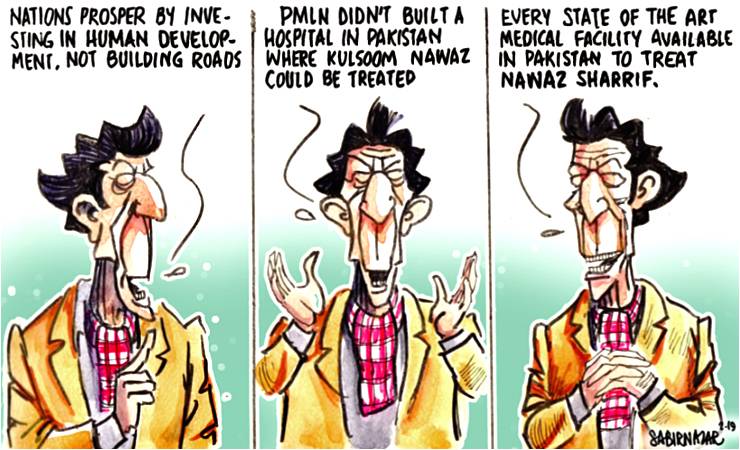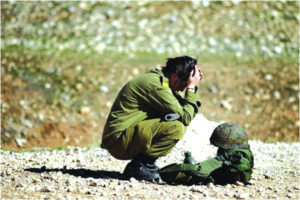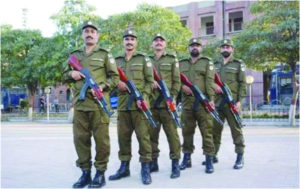
Old tracks
Madam,
When I was a child, I used to love riding the train with my father. He would travel to various towns and cities for work and I would accompany him. I enjoyed the motion of the bogies and the sights around me.
Later, after I got married and joined government service, I had to repeat the same travels with my own young family. Now, the motion of the train – the jumping and rattling of the bogies - produced an uncomfortable feeling. Walking to the toilet required great manoeuvring and I don’t even want to mention how difficult it was to use the toilet.
The minister for railways has without any doubt in a very short time introduced new trains in the network to facilitate more middle and lower class of passengers. But he should keep in mind that some of the fatal derailments of the past were primarily due to old, technically obsolete, substandard tracks from the colonial era.
These should be thoroughly inspected and replaced with more metallurgical advanced tracks, particularly for the moderately high-speed trains.
Hassan Raza,
Lahore.
Poor security
Madam,
Residents of Islamabad are becoming victims of brazen robberies. The most recent-one involves a businessman and a senior army officer who were harassed by a group of five people, despite paying a gated community Rs2,700 each month in the name of security.
The administration is unable to cope with this menace and has seen at least 80 robberies in the last three months.

Many residents are being urged to install a security system which costs more than Rs50,000.
The administration’s frustration is a case for despair and concern, and a financial burden for residents. It is important to ask why do we harass people at the gates if eventually we also have to install expensive security equipment. Residents demand an overhaul of security apparatus which almost always fails when there is a crisis.
Jamshed Alam,
Islamabad.
Suicides in armies
Madam,
In a report, India’s Defence Ministry indicated that despite psychological counselling and compulsory yoga exercises, suicides among soldiers remained continued. Even 40 percent of women, rarely deputed for combat duty, in paramilitary forces committed suicides. During the last six years, approximately 700 personnel of the Central Armed Police Forces have committed suicide and the rate of voluntary retirement is approximately 9,000 personnel per year.
The suicides are highest in Sashastra Seema Bal, followed by Central Industrial Security Force and Indo-Tibetan Border Police.

The ministry attributed suicides to “personal or family stress.” However, the ex-servicemen blamed “undemocratic” pay-and-allowance differentials between officers and lower ranks. Their main demands, as highlighted in a peaceful sit in, were: one rank, one pay - parity in pay and perks of commissioned officers and non-commissioned ranks. They claimed that the jawans were always in the line of fire and faced “maximum threat to their lives.” They also demanded that the ghetto system practiced by all armed forces and ancillary services be abolished. They also demanded elimination of sewadari (batmanship) system from the army. Soldiers are for fighting wars, not serving as domestic servants. They also demanded re-structuring and modernising forces in a professional manner. They also called for an end to the abolition of VVIP racism in the armed forces, where even decent washrooms are not provided to jawans. They also asked for secure platforms for jawans to complain about officers’ corruption without fear of retribution (whistle-blower protection). These are serious demands and should be taken seriously. I believe leaders of our armed forces should also pay attention to voices from within their ranks to see what the soldiers are feeling.
Sana Riaz,
Rawalpindi.
Women’s Day
Madam,
March 8 is marked as Women’s Day across the globe. In Pakistan, we also acknowledge this day as it raises awareness about many women’s issues. Women now enjoy significant presence in many fields such as IT, engineering, medicine, education and banking. Pakistani women are performing extremely well, and in some cases, better than many men.
It is true that women continue to suffer in rural areas. In Sindh and Balochistan, women still face hardship and gender-biased discrimination.
It is good to hear that our government has formulated many laws to protect women’s right in Pakistan. I encourage activities like Aurat March because it allows women to assert in public space their problems so that policy makers can effectively address them.
Raja Ashraf,
Lahore.
Respect police
Madam,
At 5:30pm on Saturday March 2, at the Gizri Boulevard and Gizri Avenue intersection, the driver of a maroon Suzuki which had broken the red light was asked by a policeman to pull over. The driver deceptively slowed down but then accelerated, as he figured out the visible helplessness of the lone police constable. By this time this conscientious constable was in front of the car, hoping that it would force the driver to stop. The driver, however, kept moving for about 10 feet with the policeman dangerously clinging to the bonnet. As the car accelerated, the policeman was dislodged and fell, fortunately without any serious injury.
In the process of saving his life, the policeman could not note down the car number. However, a citizen watching this entire event chased the runaway vehicle, noted down its registration number and passed it on to the duty constable (still recovering from the trauma) as well as to senior police officials. This should have been sufficient information for the police to nab the runaway vehicle in a matter of a few hours. Sadly, our police, designed solely to serve the political elite has no mechanisms in place to protect ordinary policemen or citizens.

This small incident is a classic representation of the helplessness, vulnerability and cruelty to which our policemen have been exposed while performing their duties. Two years ago, an MPA in Balochistan ran over and killed a policeman on duty. Karachi has been losing over 100 policemen every year due to crime and violence.
A weak, helpless and scared police force reflects negatively on the country. The inability of the police to stop even a Suzuki without the fear of being trampled by our violent elite appears to have taken away all respect and self-esteem of our policemen. The IG police must immediately intervene to provide training, equipment and support needed to enable our policemen to perform their jobs effectively, without fear and with dignity.
Naeem Sadiq,
Via e-mail.
The Friday Times, Plot No 52-53, N-Block, Main Guru Mangat Road, Gulberg II, Lahore, Pakistan. 042.35779186; Fax: 042.35779186, email: tft@thefridaytimes.com
*Letters must carry addresses and phone numbers
*We ask you to restrict your comments to 300 words.

